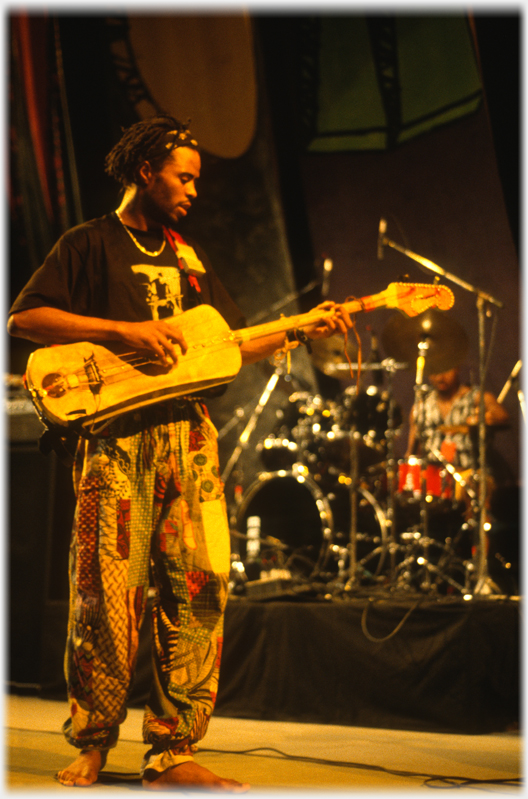
Music and Metaphor
The empathic nature of the experience [of music] means that it has more in common with encountering a person than a concept or an idea that could be expressed in words. It is important to recognise that music does not symbolise emotional meaning, which would require that it be interpreted; it metaphorises it - ‘carries it over’ direct to our unconscious minds. Equally it does not symbolise human qualities: it conveys them direct, so that it acts on us, and we respond to it, as in a human encounter.
Iain McGilchrist (2009)

McGilchrist offers the distinction between
symbol
 For more on symbols.
For more on symbols.
and
metaphor
 Understanding the work of metaphor has pitfalls, but tension seems involved.
as an aid to understanding how
music
Understanding the work of metaphor has pitfalls, but tension seems involved.
as an aid to understanding how
music
 Linking music to other fundamental human attributes.
is experienced by us. He contrasts the
object like,
Linking music to other fundamental human attributes.
is experienced by us. He contrasts the
object like,
 The problem of what an object is.
The problem of what an object is.
discreet way of symbols, with the wholeness, integrated and contextualized nature of persons. Symbols are foundational to communication; as in the case of languages where their raison d’être depends on being public and objective. People are not objects. There is no public way of encapsulating a person. Having access to communication is only a part of being human, humans inhabit a unique subjective world which is not reducible to objective terms. As we seek to understand others it is metaphor that comes to our aid, its novelty seeks to carry us across a divide: across the
liminal
 More on this horizon which surrounds us.
towards the subjective person. McGilchrist’s mission of neuropsychological explanation is wide, but his point about music illustrates a core theme of his searches; for music like a person can never be fully objectifiable, never be fully public, never be fully specified.
More on this horizon which surrounds us.
towards the subjective person. McGilchrist’s mission of neuropsychological explanation is wide, but his point about music illustrates a core theme of his searches; for music like a person can never be fully objectifiable, never be fully public, never be fully specified.
The quote is from page 96 of The Master and His Emissary, published by Yale University Press. This can be seen as the first of a three part investigation into the relationship between neuropsychological evidence, and matters psychological, social and cultural; these were written by McGilchrist over the decades leading up to the final parts’ publication in 2019 as the monumental two volume The Matter with Things.
A person, a musician, performing at the 1992 WOMAD music festival at Rivermead, by Reading in England.
Above, hovering on blue introduces a link: click to go, move away to stay.

Saturday 11th November 2023
 ...guide to this site
...guide to this site